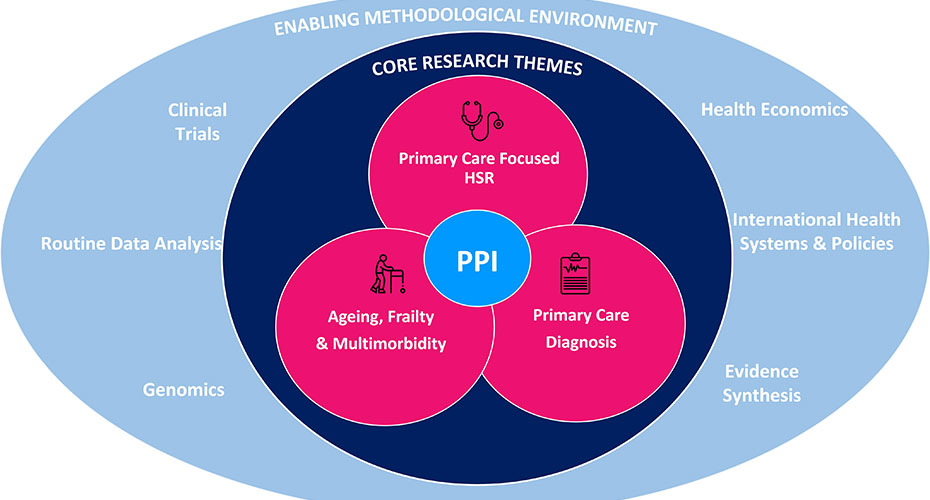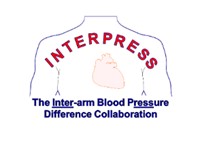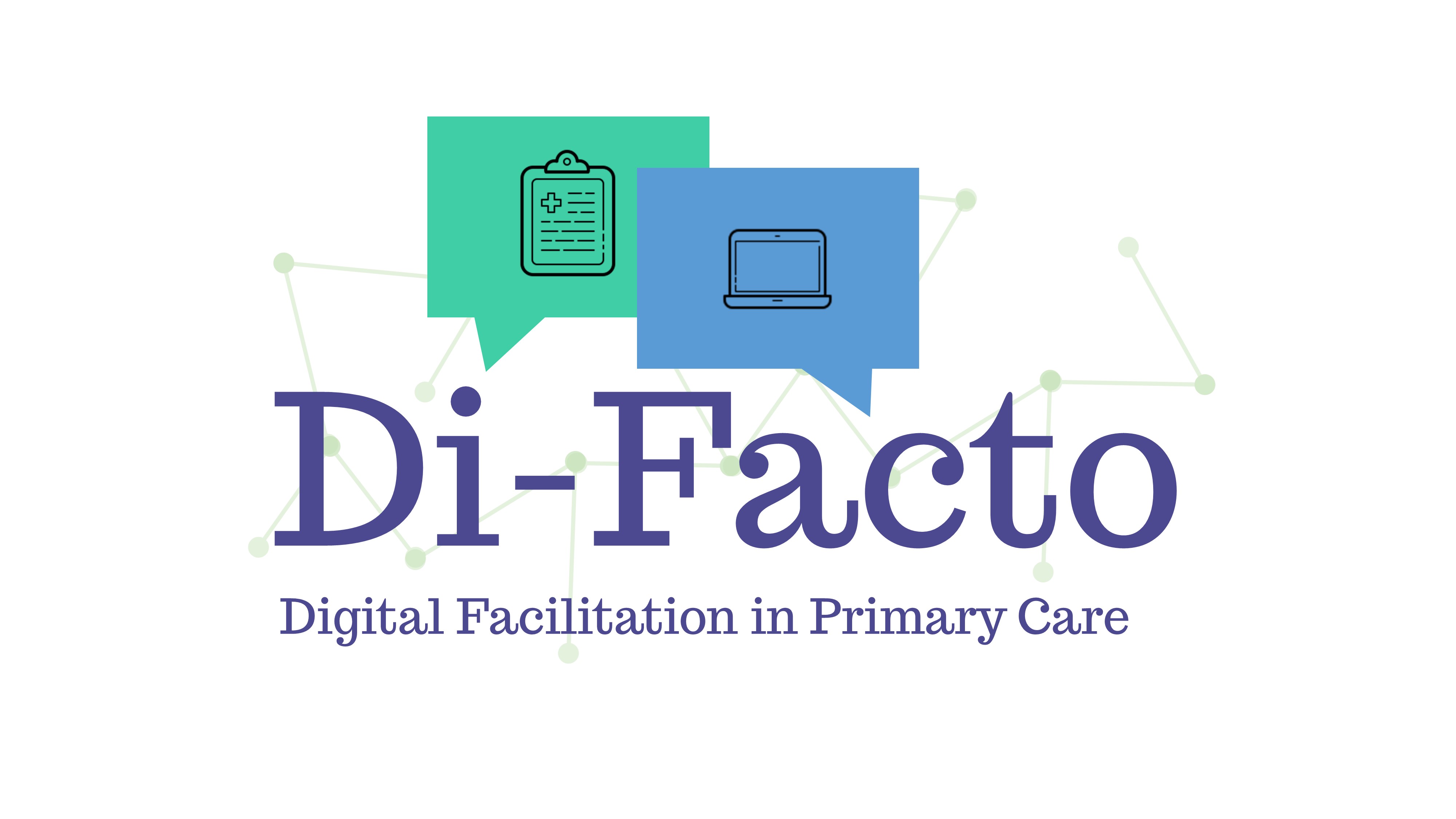What approach does APEx take to PPI?
The PenARC PPI team has developed training materials to support learning for researchers and public members. These include workshops to help public partners reflect on their lived experiences and how to use their experiential knowledge to impact research. Other workshops bring together members of the public and researchers working together on projects to discuss barriers to joint working and aim to improve collaboration between involved patients and researchers. See some examples of APEx's PPI.
How do I involve the public in my research?
Most funders now expect researchers to work with patients and members of the public when they develop research ideas.
Planning during the proposal stage
The key to successful involvement is to think about it early on, not at the end of developing your proposal.
Think about how much time you will have to develop relationships with people, what role they will have on the project, who will help them navigate the research system (if they are co-applicants on your application), and how you will cost their continued involvement in your bid (e.g., will there be funds to cover travel if involvement activities will happen in person).
If you need help thinking about and planning the involvement within your research, the APEx PPIE lead runs PPI advice clinics, where you can meet one on one with them and ask any questions that you have about doing PPIE within your project. The PPIE lead can advise you on things like, running a PPI workshop, developing patient and public facing materials, assembling a PPI group and PPI payments. They can advise you on developing creative patient and public engagement initiatives and signpost you to relevant literature to support you in becoming confident in your abilities to do PPIE.
We run the APEx PPIE Advice Clinics regularly, click here to book the next available slot.
Approaching interested parties
When considering involvement in the research, think about who the main benefactors will be: patients with a particular condition, general members of the public who come into contact with primary care primarily through their GP surgeries, or carers of patients? Then consider how you might approach people with these experiences.
APEx has a core group of patients and carers that they work with, called the APEx PPIE Group, who have lived experience of a broad range of health conditions. If you have the beginnings of a research idea but you want to know if its relevant and important to patients and carers you can book onto an APEx Idea Café. This provides a relaxed atmosphere for you to discuss your early research idea with the APEx PPIE group. This enables the APEx PPIE group to share their valuable experiential knowledge with you to help shape your research idea so that it blossoms into a relevant and high quality project.
We run the APEx Idea Cafés regularly approximately once a month, click here to book onto the next available slot.
The University of Exeter has some groups that work with members of the public on a regular basis, which may also be helpful to you.
What does the NIHR recommend?
The National Institute for Health Research has developed a set of standards that we encourage you to work toward. If you are applying for funding from the NIHR it is important that you explain how you will work to these standards.
The NIHR has also published information on how they acknowledge the help provided by patients and members of the public in their work. You might refer to these when you cost up your application. However, some people use different rates, since it always depends on the role of the people you work with, what they would be happy with, and also the higher the rates the less involvement you will be able to cost into your bid.
Take a look at PenARC's PPI Resources for Researchers.

















